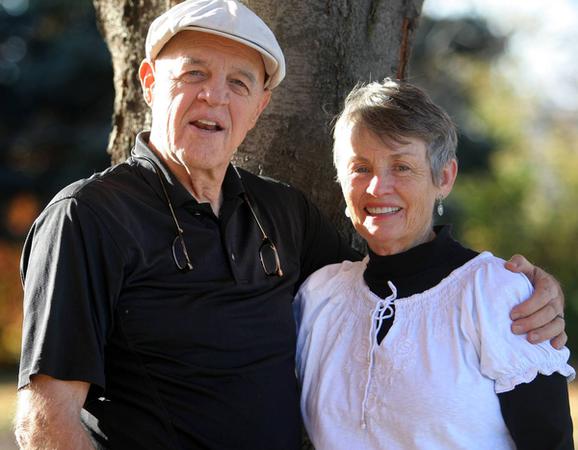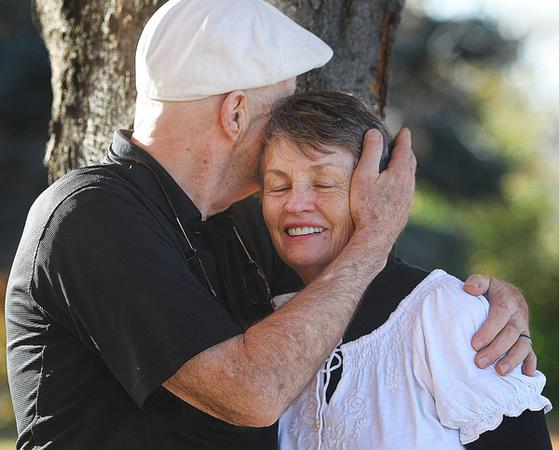Ten things Brain Aneurysm Survivors would like family and friends to know
 I need a lot more rest than I used to. I’m not being lazy. I get physical fatigue as well as a “brain fatigue.” It is very difficult and tiring for my brain to think, process, and organize. Fatigue makes it even harder to think and work.
I need a lot more rest than I used to. I’m not being lazy. I get physical fatigue as well as a “brain fatigue.” It is very difficult and tiring for my brain to think, process, and organize. Fatigue makes it even harder to think and work.
My stamina fluctuates, even though I may look “all better” on the outside. Cognition is a fragile function for a brain injury survivor. Some days are better than others. Pushing too hard usually leads to setbacks, sometimes to illness.
Brain injury recovery can take a long time; it is often measured in years, not days. Recovery can continue a long time after any formal rehabilitation has ended. Please resist expecting me to be who I was, even though I look better.
I am not being difficult if I resist social situations. Crowds, confusion, and loud sounds can quickly overload my brain. It doesn’t filter sounds as well as it used to. Limiting my exposure is a coping strategy, not a behavioral problem.
If more than one person is talking, I may seem distant and uninterested in the conversation. That is because I have trouble following all the different “lines” of discussion. It is exhausting to keep trying to piece it all together. I’m not dumb or rude; my brain is just getting overloaded!

“As a Brain Aneurysm survivor, thank you for letting me tell you about the new me.”
If we are talking and I tell you that I need to stop, I need to stop NOW! It is not because I’m avoiding the subject; it’s just that I need more time to process our discussion and “take a break” from all the thinking. I will be able to reconnect with the conversation later and be present for the subject and for you.
Try to notice the circumstances if a behavior problem arises. Problems are often an indication of my inability to cope with a specific situation and not a mental health issue. I may be frustrated, in pain, overtired or there may be too much confusion or noise for my brain to filter.
Please don’t be condescending or talk to me like I am a child. I’m not stupid. My brain is injured and it doesn’t work as well as it used to. Try to think of me as if my brain were in a cast.
If I seem “rigid,” needing to do tasks the same way all the time; it is because I am retraining my brain. It’s like learning main roads before you can learn the shortcuts. Repeating tasks in the same sequence is a rehabilitation strategy.
Patience is the best gift you can give. It allows me to work deliberately and at my own pace, allowing me to rebuild pathways in my brain. Allow me to find my words and follow my thoughts. It will help me rebuild my language and my life.

“Over time, patience allows life to fall in place as we get used to the new me.”
Caregivers and Family Members also need support

Our monthly support group is not just for survivors. If you have a loved one you're caring for or have lost a loved one to a brain aneurysm, we encourage you to join us.
The often-repeated phrase, “you are not alone and things do get better” is more than just a slogan, it is what our Support Group is all about.
Visit our Support Page for more information.